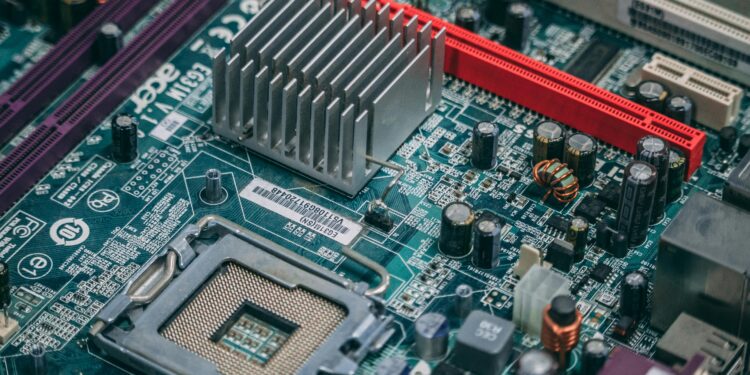Massive domestic investment boosts AI chip capabilities and strengthens U.S. tech independence with support from CHIPS Act
Micron Technology (MU) announced on Thursday it will invest an additional $30 billion in its U.S. operations, deepening its commitment to domestic semiconductor manufacturing and R&D. This new investment brings the company’s total planned U.S. expenditure to approximately $200 billion, aimed at expanding facilities in Idaho, New York, and Virginia.
Supported by $6.5 billion in funding from the U.S. CHIPS and Science Act, the initiative is expected to create roughly 90,000 direct and indirect jobs. Micron plans to construct a second memory manufacturing plant in Boise, Idaho, and a large-scale fabrication complex in New York. The company is also upgrading its Virginia facility as part of its nationwide expansion strategy.
A key focus of the expansion is Micron’s development of high-bandwidth memory (HBM), a critical component in powering AI data centers. The second Boise facility will support advanced HBM manufacturing, positioning Micron as a pivotal supplier in the AI hardware ecosystem.
“Micron’s investment in advanced memory manufacturing and HBM capabilities in the U.S., with support from the Trump Administration, is an important step forward for the AI ecosystem,” said Nvidia CEO Jensen Huang. He emphasized Micron’s role in enabling future AI breakthroughs, adding, “We’re excited to collaborate with Micron as we push the boundaries of what’s possible in AI and high-performance computing.”
The company said these developments will allow it to produce up to 40% of its DRAM memory domestically. The first Idaho plant is expected to begin production by 2027, while groundwork for the New York facility is set to begin later this year.
Micron CEO Sanjay Mehrotra described the nearly $200 billion commitment as vital to ensuring U.S. leadership in advanced technologies. “This investment will reinforce America’s technological leadership, create tens of thousands of American jobs across the semiconductor ecosystem, and secure a domestic supply of semiconductors — critical to economic and national security,” Mehrotra stated.
Micron is part of a broader industry trend fueled by the CHIPS Act, with companies such as Intel, TSMC, Samsung, and GlobalFoundries also expanding U.S. operations. South Korea’s SK Hynix recently announced its own $3.8 billion HBM facility in Indiana, underscoring the race to bolster domestic chipmaking amid growing global demand and geopolitical pressure.
You might like this article:Quantum Computing Stocks Soar After Nvidia CEO’s Bullish Outlook











